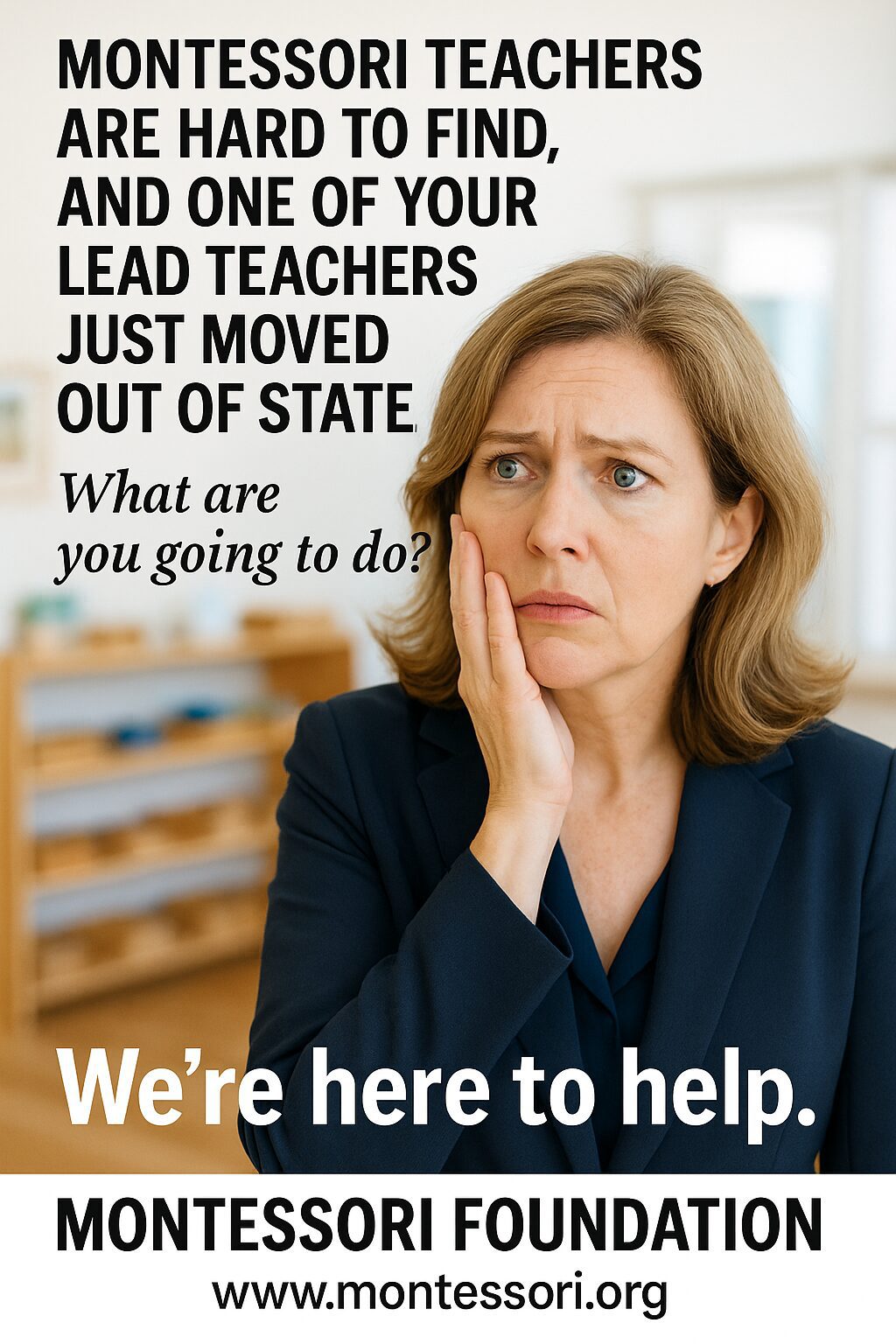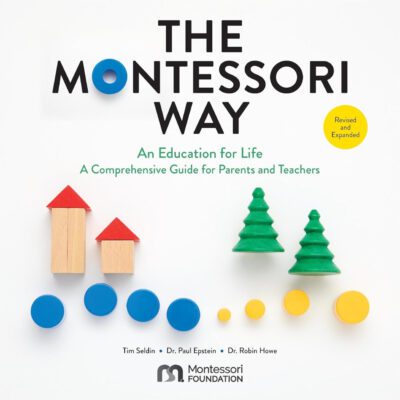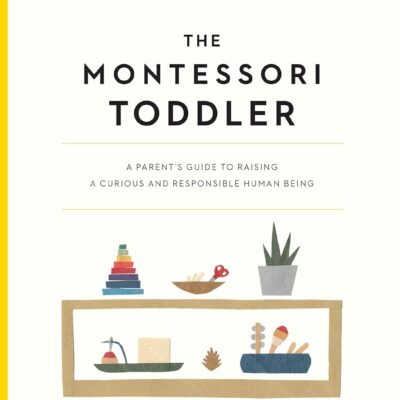
(First, a disclaimer: This article draws from public court records, state employment laws, and my many years leading independent and Montessori schools. It is not legal advice. Employment law varies dramatically between jurisdictions, and private schools operate under different rules than public districts. Before writing policies or taking disciplinary action, consult an employment attorney in your state.)
A few years ago, I got a call that every school head dreads. A parent had discovered their child’s teacher posting inflammatory political content on social media—complete with profanity-laced rants. “She represents our school,” the parent insisted. “How can you let her stay?”
I’ve fielded dozens of calls like this over the years. Each one forces the same uncomfortable question: Where does our authority end and our employees’ privacy begin?
Private schools run on trust. Parents don’t just pay us to teach their children—they’re buying into our values, our community, our promise to keep their kids safe. That trust can evaporate overnight when a staff member’s weekend choices make Monday morning headlines.
The challenge has gotten thornier. Twenty years ago, what teachers did off campus mostly stayed off campus. Now, a single Instagram story can reach hundreds of school families before breakfast.
But here’s what many school leaders miss: private employers actually have more latitude than public schools when it comes to off-duty conduct. Public school cases make headlines because they involve constitutional issues that don’t apply to us. The trade-off? When we overstep, we face different—and sometimes costlier—consequences.
The Legal Landscape (It’s Messier Than You Think)
About a dozen states have passed “lifestyle protection” laws that limit when employers can discipline workers for legal off-duty behavior. Colorado’s law is typical: employers can’t take action unless they can prove the conduct affects legitimate business interests.
What counts as “legitimate business interests” for schools? Student safety, obviously. Compliance with licensing requirements. Protection from significant reputational damage that threatens enrollment or operations.
What doesn’t count? A parent’s general disapproval of a teacher’s political views. Discomfort with an employee’s legal recreational activities. Personal grudges disguised as professional concerns.
I learned this the hard way fifteen years ago. An staff member’s ex-husband called to report she was “living in sin” with her boyfriend. Three families demanded immediate action. Our attorney’s response was blunt: “Fire her for this, and you’ll be writing a settlement check.”
Real-World Scenarios (From My Files)
The Social Media Activist: A beloved teacher posted photos from a weekend protest, including one where she was arrested (charges later dropped). Parents split into camps—some demanding her resignation, others organizing support rallies.
The decision: The school kept her. The arrest was for peaceful civil disobedience, she wasn’t representing the school, and her classroom performance remained excellent. We did have a private conversation about social media boundaries.
The Side Hustle Gone Wrong: The art teacher at one of the schools that we mentor worked evenings at a local wine bar. A video surfaced of him joking with customers about “babysitting rich kids all day.” Three families immediately called for meetings.
The decision: This one required action. While the job itself was fine, his public comments about our students crossed a line. We used it as a coaching opportunity rather than termination, and he’s been more careful since.
The Viral Video: A preschool aide appeared in a TikTok video at a house party, drink in hand, with music containing explicit lyrics playing in the background. The video was shared in parent WhatsApp groups within hours.
The decision: No action. She was off duty, engaging in legal adult behavior, and nothing in the video suggested poor judgment around children. We reminded all staff about privacy settings, but that’s where it ended.
An Example of What Your Employee Handbook Might Say
Skip the legal jargon. Your staff needs to understand expectations, not decode contract language. Here’s one framework:
Our Approach to Off-Duty Conduct
We hired you for your professionalism, and that doesn’t disappear when you leave campus. We also respect that you have a life outside these walls.
Most of what you do on your own time is exactly that—your own business. We won’t monitor your social media, judge your political views, or police your legal recreational choices.
However, some off-duty conduct can affect our school community:
- Criminal behavior, especially anything involving harm to children
- Public statements that breach student or family confidentiality
- Actions that directly undermine safety protocols or educational practices
- Conduct that significantly damages community trust in our mission
If concerns arise, we’ll speak with you privately before making any decisions. Our goal is understanding and support, not punishment.
Remember: this policy works both ways. Just as we respect your privacy, we ask that you consider how your public actions might reflect on the school community we’ve built together.
When Problems Land on Your Desk
Don’t react immediately. The parent calling at 7 AM in a rage rarely represents the whole community’s view.
Start with questions: Is the conduct illegal? Is it happening on school property or during school events? Has it actually affected the workplace, or are we dealing with personal disapproval?
Document everything, but investigate carefully. I once spent two weeks fielding complaints about a teacher’s “inappropriate Facebook posts” before discovering the screenshots were from a satirical account with a similar name.
Talk to the employee before talking to parents. You might learn the viral video was taken out of context, or that the “criminal charges” were actually a resolved misunderstanding. People deserve the chance to explain themselves.
The Conversation That Changes Everything
Three years ago, a school with which we worked hired a phenomenal middle school science teacher. During her interview, the school was transparent about its expectations: “We’re a visible institution in this community. Your professional reputation and ours are connected, whether we like it or not.”
She appreciated the honesty. When she later faced a custody dispute that made local news, she proactively let the Head of School know what was happening and how she planned to handle it. That transparency made all the difference.
The best policy in the world can’t replace clear communication about expectations from day one.
The Balancing Act
Many off-duty “problems” aren’t really about the conduct itself. They’re about communication, community anxiety, or parents projecting their own fears onto school employees.
Your job isn’t to create perfect people. It’s to hire good people and support them when they face normal human challenges.
Sometimes that means standing behind a teacher when a few vocal parents demand action. Sometimes it means having difficult conversations about professional boundaries. Most often, it means helping your community understand that school employees are real people with complex lives.
The schools that get this right don’t have fewer problems—they have better relationships with their staff and stronger trust from families who appreciate thoughtful, measured leadership.
Tim Seldin has led independent and Montessori schools for over thirty years and serves as a senior consultant with the Montessori Foundation. He consults with school leaders nationwide on employment issues and organizational development.









